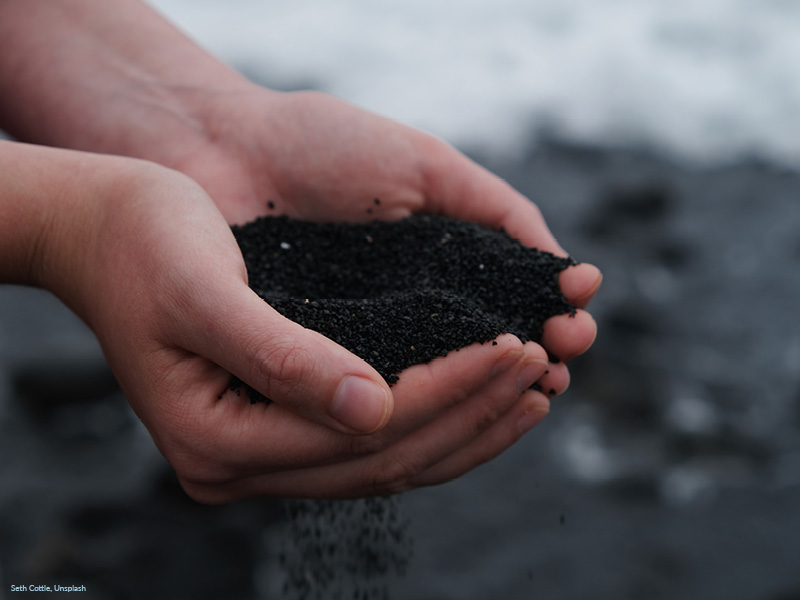Surplus electricity to biomethane via intermittent hydrogen injection in post-digestion systems

In the route to mitigate global warming and phase out fossil energy sources, solar and wind power represent an increasing share of the produced electricity. These sources are difficult to plan for as they are weather dependent, resulting in fluctuating electricity prices. But in situations with high production without matching demand it is possible to use the cheap, surplus electricity to produce hydrogen (H2) through electrolysis of water (power2gas). Yet, infrastructure for H2 is expensive and instead H2 can be added to existing biogas plants.
This project will focus on developing an affordable and novel method to insert H2 to biogas plants for conversion into bio-methane. The technique proposed in the project will be in-situ methanation in post digesters, where we hypothesize that it can be efficiently converted without risking the overall biogas process.
In-situ methanation in post digestion is not well studied yet, and more knowledge are needed to create a cost- efficient process.

Jan Moestedt
Tekniska verken i Linköping AB

jan.moestedt@tekniskaverken.se
Project information
Participants
Tekniska verken i Linköping AB
Linköping University
Swedish University of Agricultural Sciences
Uppsala Water & Waste LTB
Time schedule
December 2024 - December 2027
Total cost of project
6 216 087 SEK
Swedish Energy Agency project number
2024-03024
More projects

Navigating synergies and tradeoffs towards future forest-based solutions
The Swedish forest sector faces demands for increased carbon storage in the forest and changed management methods that result in reduced production,…
Manager: Göran Berndes
Ongoing

FUSE – Assembling C6 furans that are sustainable by C5 bio-based value chains using bioelectrochemistry and CO2
The main goal of the FUSE project is to generate knowledge and green technologies to enable assembly of sustainable furan platform chemicals…
Manager: Per-Olof Syrén
Ongoing

Fossil-free graphite
Graphite is widely used in process industries, E-mobility and digitalisation. Its consumption has increased rapidly due to increased production of lithium-ion batteries…
Manager: Weihong Yang
Ongoing


